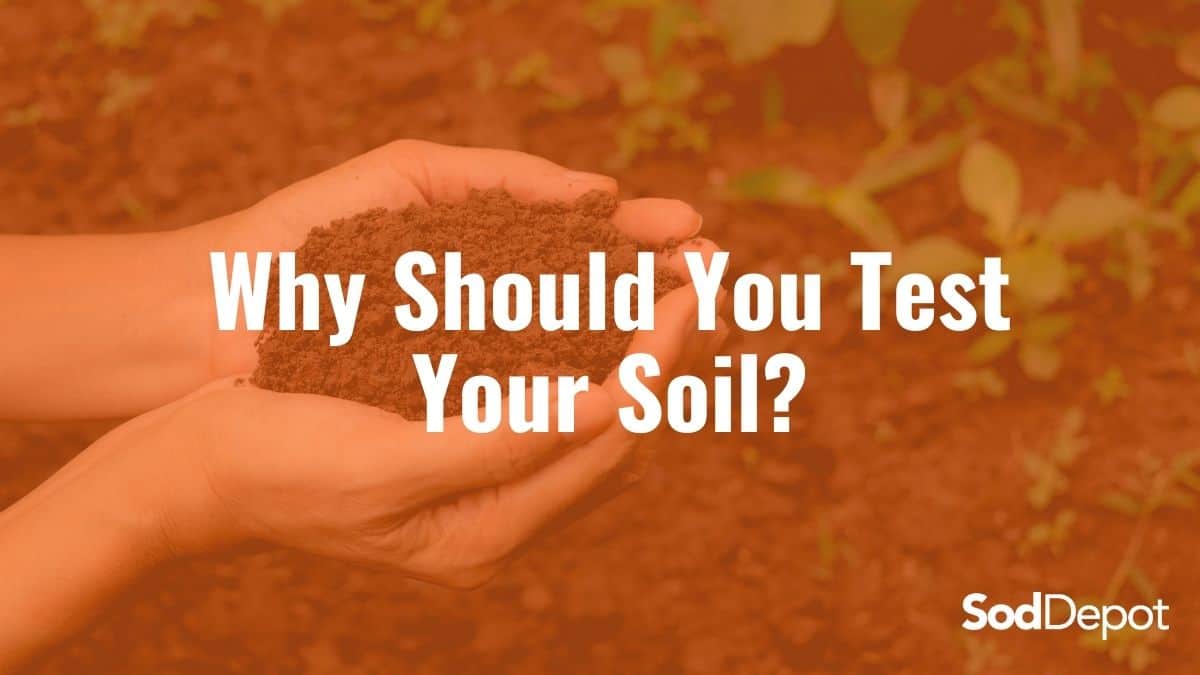Why Should You Test Your Soil?

A soil test kit is a soil sampling tool for measuring soil properties. Soil testing kits can be used to find out the nutrient levels of soil, determine if the soil has been contaminated with chemicals or heavy metals, and help gardeners decide what plants are best suited for certain soils.
In this blog post, we will discuss why you should invest in a soil test kit and how it can help your gardening efforts.
Why Should You Test Your Soil?
Soil is an important part of gardening and so it’s a good idea for gardeners to know what type of soil they are working with. A soil test kit can help find out the nutrient levels in your soil, detect contamination from chemicals or heavy metals, and determine which plants will be best suited for that particular soil.
The pH level of your soil is the best indicator of its nutrient availability.
Most nutrients are readily found in soils with a pH level between 6 and 6.5, but when the pH level rises or drops out of this range, how easy it is to access those nutrients changes as well.
Take the guesswork out of correcting these nutrient issues by ordering a soil test. By using your new knowledge, you will be able to identify any necessary fertilizers and not needlessly put them on your plants.
What Does a Soil Test Show?
Soil pH level
The pH level of your soil is the best indicator of its nutrient availability.
Most nutrients are readily found in soils with a pH level between 6 and 6.5, but when the pH level rises or drops out of this range, how easy it is to access those nutrients changes as well.
Buffer pH (BpH)
A good soil test also tests the Buffer pH level. This value is generated by a laboratory and is not an actual feature of soil. The lab performs this test in order to recommend how much lime to add, but it has little or no other consequences.
Nutrient Content
An extensive soil test also includes a nutrient analysis. The nutrients present are grouped into three categories: macronutrients (nitrogen, phosphorus, potassium), micronutrients (calcium, sulfur), and trace elements (copper). A good general rule about these nutrients is that higher levels of nitrogen indicate high fertility while lower levels usually mean you’re dealing with poor quality soil.
How Often Should You Test Your Soil?
How often soil should be tested depends on where you live, what crops are grown, and soil conditions. If your soil is generally healthy, it’s usually recommended to test every two years. Some people may need more frequent testing depending on the situation or their soil type but this would depend completely on each individual case.
Where Can You Buy a Soil Test Kit?
Lucky for you, Sod Depot has its soil test kit available to order online. It’s a quick and easy process. You take the test in the provided sample bag and place it in the provided postage-paid envelope.
Once you send it back, it will be evaluated by a lab. Once the lab is done, you’ll receive an email notification with instructions where you can view your results online.
It’s quick, easy, and can save you a lot of money in the long run since you know what your lawn and plants need and don’t need.
© Sod Depot – All Rights Reserved

